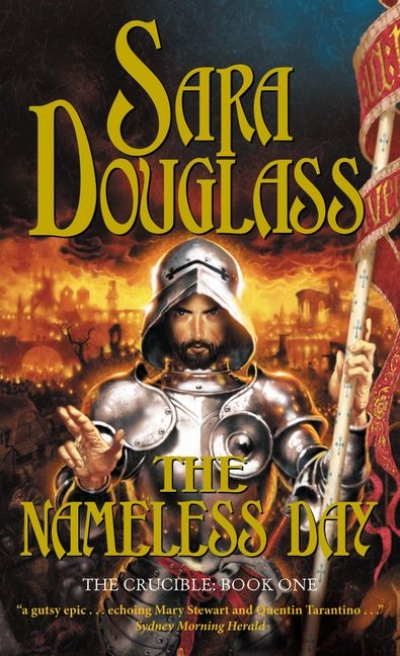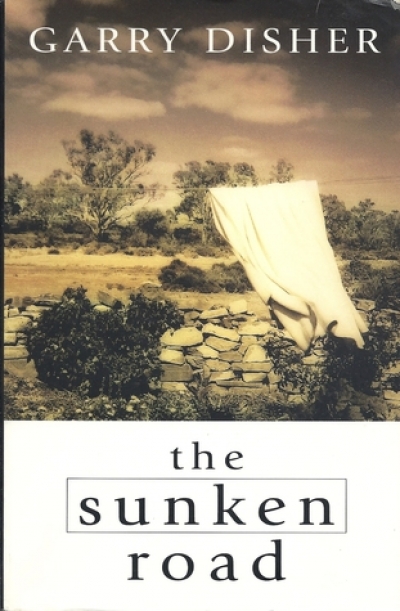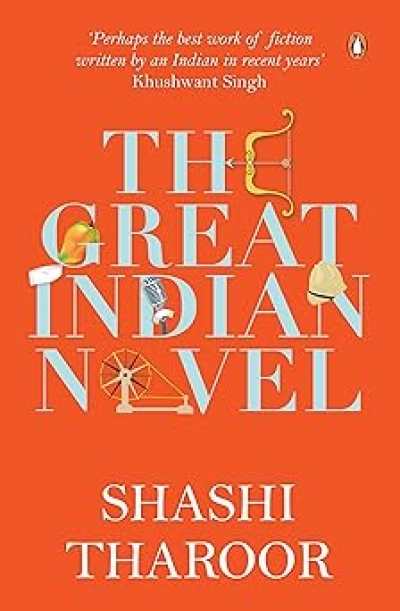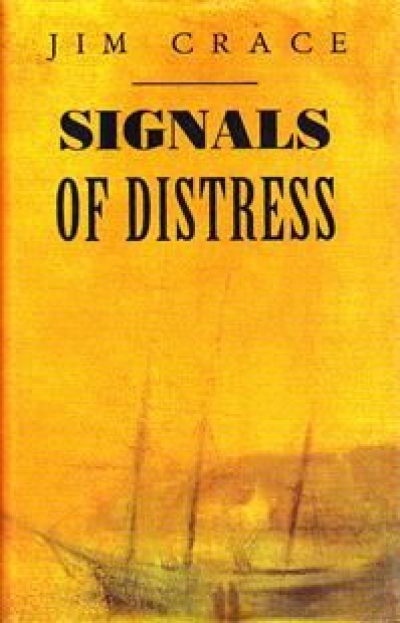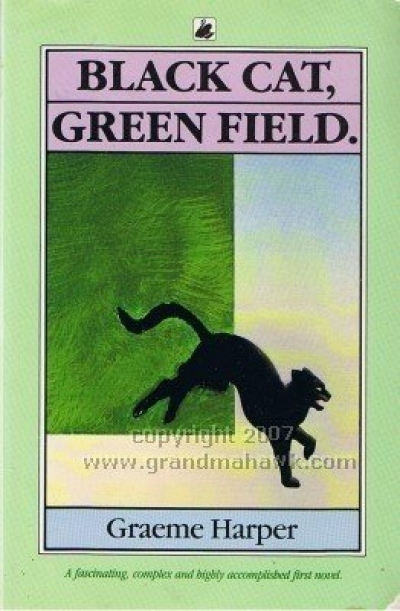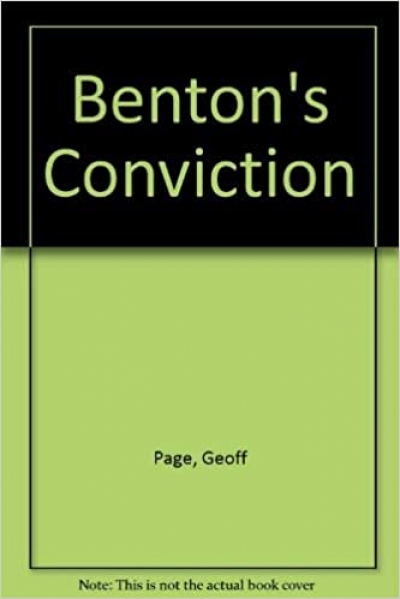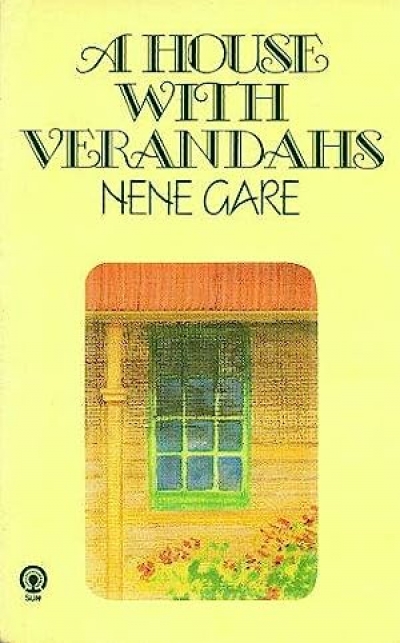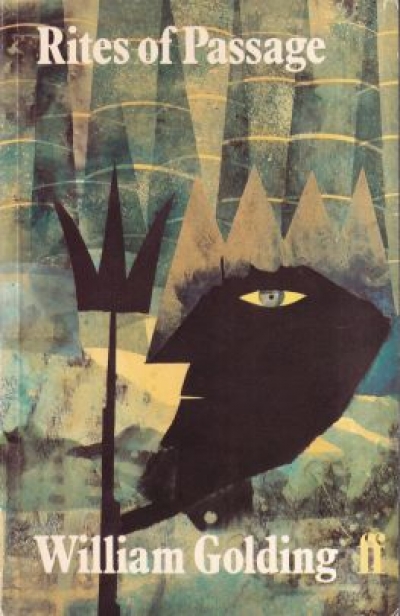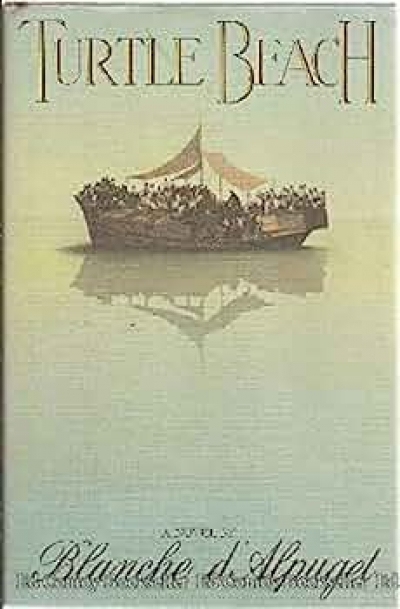Set in New South Wales during the turbulent years of 1916–19, Graeme Harper’s Black Cat, Green Field evokes the period with particularity and jaggedness. The first of the novel’s five parts introduces the central character: Sidney Nelson, recently wounded in Gallipoli, and now living in Sydney. A former art student, he is yearningly aware he could instead have been in the Paris of Picasso and Gris. He is also a ‘black cat’, a supporter of the radical industrial Workers of the World and when, in the closing months of 1916, the ‘Twelve’ I.W.W. members are sent to prison and police harassment intensifies, the organization goes underground and Nelson loses friends and contacts. Feeling jaded and devoid of artistic inspiration, he decides to leave Sydney and, after a false start, moves up to the north coast of NSW to stay near his sister May. The ‘black cat’ is going to paint the ‘green field’.
...
(read more)

